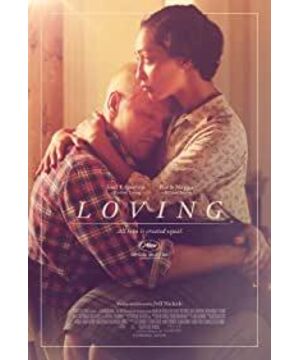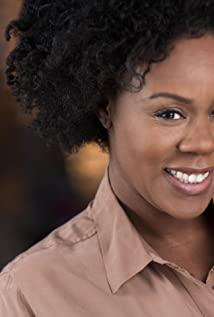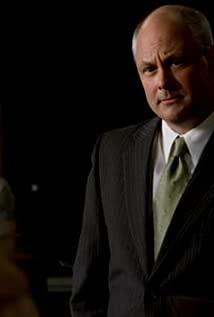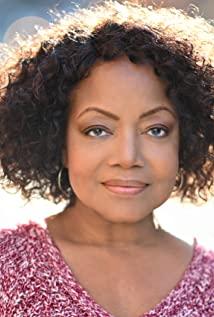Following the success of the sci-fi film Midnight Special in Berlin at the beginning of this year, American director Jeff Nichols brought this Loving to Cannes with the theme of interracial marriage that took place in the United States in the 1960s, because the theme involved black equality and black equality. Marriage is free and the social audience is wide, so in the Hollywood awards season at the end of the year, many nominations including best film and best actor and actress have been locked in, and it has become a strong contender for next year's Oscars.
The title "Loving" not only refers to the hero and heroine Richard Loving (Joel Edgerton) and Mildred Loving (Ruth Negga) in the film, but also represents their love across racial boundaries. It was only natural for the two to fall in love and then get married, but Richard was white and Mildred was a black girl. In the United States in 1958, the racial segregation policy was still popular, and the Lovings had to travel to Washington state to complete the oath ceremony. The good times don't last long, and the Virginia state government, where the two live, learned about the incident and took the loving couple to court. Both were sentenced to prison, but if they left Virginia and their hometown for 25 years The sentence can be pardoned. Such punishment is no different from exile, but in order to prevent the pregnant Mildred from being imprisoned, Richard has no choice but to accept it.
Director Jeff Nichols could have made this story exciting in a variety of ways. Black equal rights, civil uprisings, freedom of marriage, love that breaks the moral shackles and other movie motifs can make the audience's tear ducts fall and their emotions reach a high point. But Jeff chose the most common form of expression. The ordinary here is full of praise. Under the director's treatment, there are no passionate speeches or majestic parades that often appeared in black movies in the past. The camera language, the director adopts a calm and restrained attitude, and tries to reduce the emotional changes that the story itself may have on the audience. To outsiders, this couple seems to be full of social topics, and their daily life is no different from that of other pure white or pure black couples. The husband goes out to work hard to help the family, the wife raises the children at home, takes care of the housework, and returns home after a hard day at night. The husband eats the dinner carefully prepared by his wife contentedly, chats and laughs with the children, and enjoys the warmth of returning to the family. The Weekly reporter, played by Michael Shannon, reports on what he sees is such an ordinary family, even as the Lovings struggle to appeal their unequal verdicts from Virginia to the Supreme Court.
The characters under the lens of Jeff Nichols, whether it is the Loving couple who symbolize the breaking of racial segregation, or the civil rights lawyer who helped them win their lawsuit, peeled off the sacred shell that later people added to their bodies, they are just a group of you and me. ordinary people. The purpose of the appeal of the Loving couple is very simple, just to be able to go home. The two have tasted the bitterness of being away from their hometown. In order that their offspring can not be as far from their hometown as they are, and can thrive in a healthy environment, they had to choose the state government. Contrary, Richard even begged that if the Virginia state judge can amend the sentence and let them go back, there will be no more trouble. After the media coverage, the Loving couple, who faced intimidation, stalking and other emergencies, also showed vulnerability and sensitivity like ordinary people, and the husband's reaction was also the most intense, with suspicion and fear coexisting, and his face was always inseparable from frowning. Lock, there is a detail that skillfully expresses the male protagonist's anxiety to the fullest. After playing with his friend for many years, he was terrified by his friend's usual speed, thinking that he brought bad news. After learning that a lawyer is willing to help Just breathed a sigh of relief.
The two lawyers who helped the Lovings succeed in their appeal did not expect much when they took over the case, because the move could rewrite the U.S. Constitution and would inevitably face resistance from the Virginia state government. But they also provided legal aid to the Lovings as much as possible. After the Lovings secretly returned to their hometown to live, the lawyers also encouraged the two not to give up and continue to fight against the unfair system.
This film is still moving behind the exquisite ordinary. When the lawyer asked Richard what he wanted to say to the judge on the eve of court, Richard replied: "You can tell the judge, I love my wife." The real black wife is in In an exclusive interview with the media before his death in 2008, he responded to her husband's eternal love: "I miss him, he took care of me better." (I miss him. He took care of me.) The answers of the couple were both It's so bland, but inadvertently brings tears to my eyes.
The director's previous work Midnight Special used the shell of a sci-fi film to set off the family relationship between father and son, and the new film Loving describes the freedom of interracial marriage. In Midnight Special, the father tries his best to protect his son with superpowers from the outside world because of his love, but in the end it is because of his strong love for his son that he let him live independently; in Loving, Richard Loving's white identity makes him completely They can choose to divorce their black wife to get rid of the ensuing troubles. However, the couple also chose to face difficulties together because of love, persisted until the appeal was successful, and finally they were able to stay in their hometown for the rest of their lives.
Director Jeff Nichols has always believed that love is caring, letting go, trusting, and persevering. It can break through all obstacles and achieve the impossible. It may sound naive, but in today's desperate society, we may be able to get a little warmth from the works that real life does not give.
View more about Loving reviews











